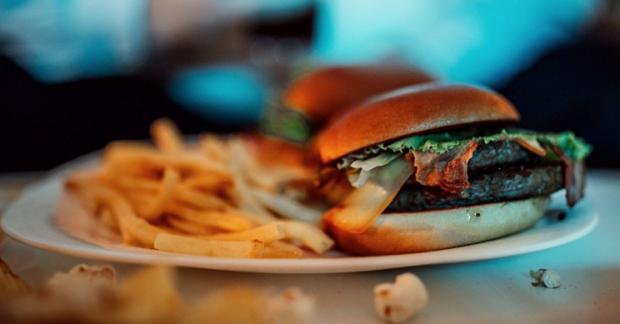
Breaking News
 EXCLUSIVE: "The HUGE Elephant In The Room Is Actually What Jeffrey Epstein Was Best At..."
EXCLUSIVE: "The HUGE Elephant In The Room Is Actually What Jeffrey Epstein Was Best At..."
 EXCLUSIVE INTERVIEW: Republican Candidate For Texas Governor "Doc" Pete Chambers Joins...
EXCLUSIVE INTERVIEW: Republican Candidate For Texas Governor "Doc" Pete Chambers Joins...
 Epstein Files Trigger Political Fallout Across Europe
Epstein Files Trigger Political Fallout Across Europe
 Conjoined twin 'influencers' who have gained more than 280,000 followers with their intimate
Conjoined twin 'influencers' who have gained more than 280,000 followers with their intimate
Top Tech News
 How underwater 3D printing could soon transform maritime construction
How underwater 3D printing could soon transform maritime construction
 Smart soldering iron packs a camera to show you what you're doing
Smart soldering iron packs a camera to show you what you're doing
 Look, no hands: Flying umbrella follows user through the rain
Look, no hands: Flying umbrella follows user through the rain
 Critical Linux Warning: 800,000 Devices Are EXPOSED
Critical Linux Warning: 800,000 Devices Are EXPOSED
 'Brave New World': IVF Company's Eugenics Tool Lets Couples Pick 'Best' Baby, Di
'Brave New World': IVF Company's Eugenics Tool Lets Couples Pick 'Best' Baby, Di
 The smartphone just fired a warning shot at the camera industry.
The smartphone just fired a warning shot at the camera industry.
 A revolutionary breakthrough in dental science is changing how we fight tooth decay
A revolutionary breakthrough in dental science is changing how we fight tooth decay
 Docan Energy "Panda": 32kWh for $2,530!
Docan Energy "Panda": 32kWh for $2,530!
 Rugged phone with multi-day battery life doubles as a 1080p projector
Rugged phone with multi-day battery life doubles as a 1080p projector
 4 Sisters Invent Electric Tractor with Mom and Dad and it's Selling in 5 Countries
4 Sisters Invent Electric Tractor with Mom and Dad and it's Selling in 5 Countries
Discovery of mechanism that switches off fat production after eating

The research also found this regulatory mechanism is defective in obese mice and human patients with non-alcoholic fatty liver disease.
After we eat a meal our body gets down to serious metabolic business. One key process triggered by eating is called lipogenesis, which is when our liver begins converting food into fats for storage across the body.
Lipogenesis is stimulated by insulin, a well-known hormone released by the pancreas, and this particular metabolic pathway has been well-studied. However, it is still unknown exactly what happens a few hours after eating when the liver begins to slow fat production.
It had previously been hypothesized that lipogenesis eventually slows as insulin stimuli decreases in the hours after eating a meal. This new research suggests lipogenesis is not passively suppressed by decreasing insulin levels but instead it is actively repressed by a hormone released from the gut.
A team led by Jongsook Kim Kemper from the University of Illinois Urbana-Champaign found a gut hormone called FGF19 (or FGF15 in mice, hence the oft-used term FGF15/19) is produced in the hours after eating. FGF15/19 was seen to directly suppress the gene activity in the liver associated with lipogenesis.



